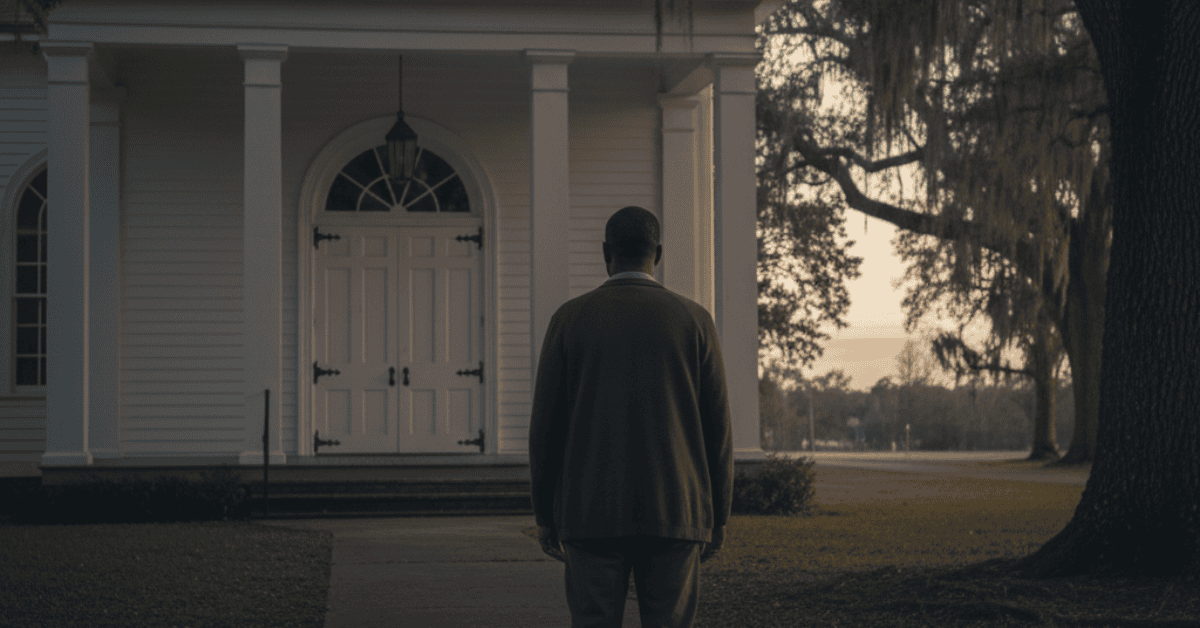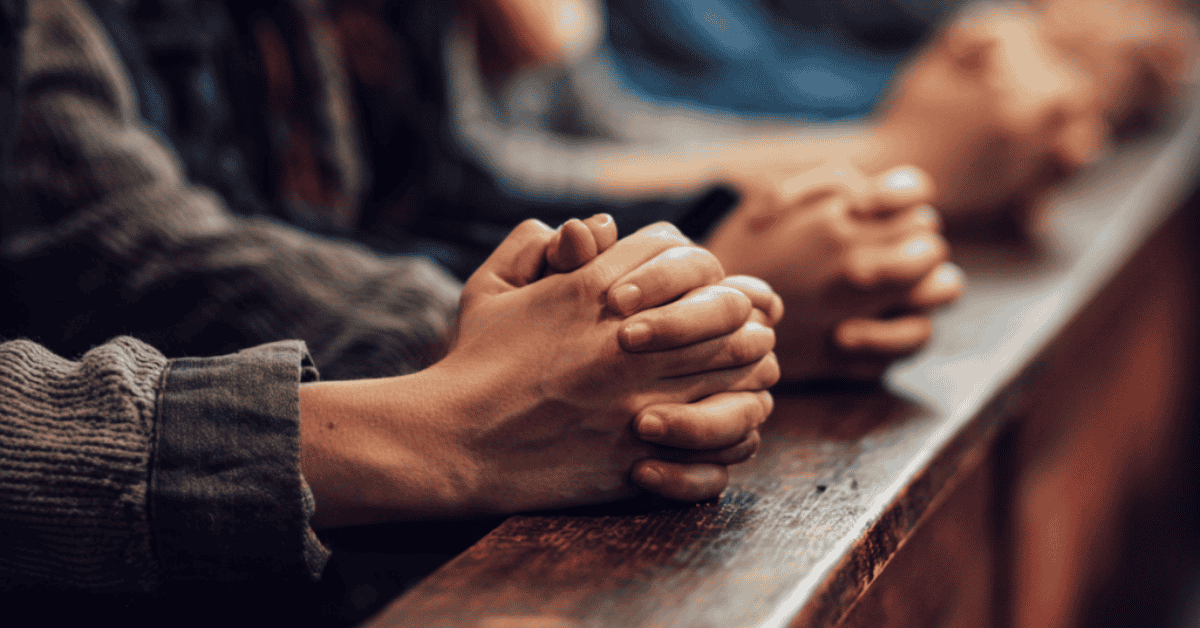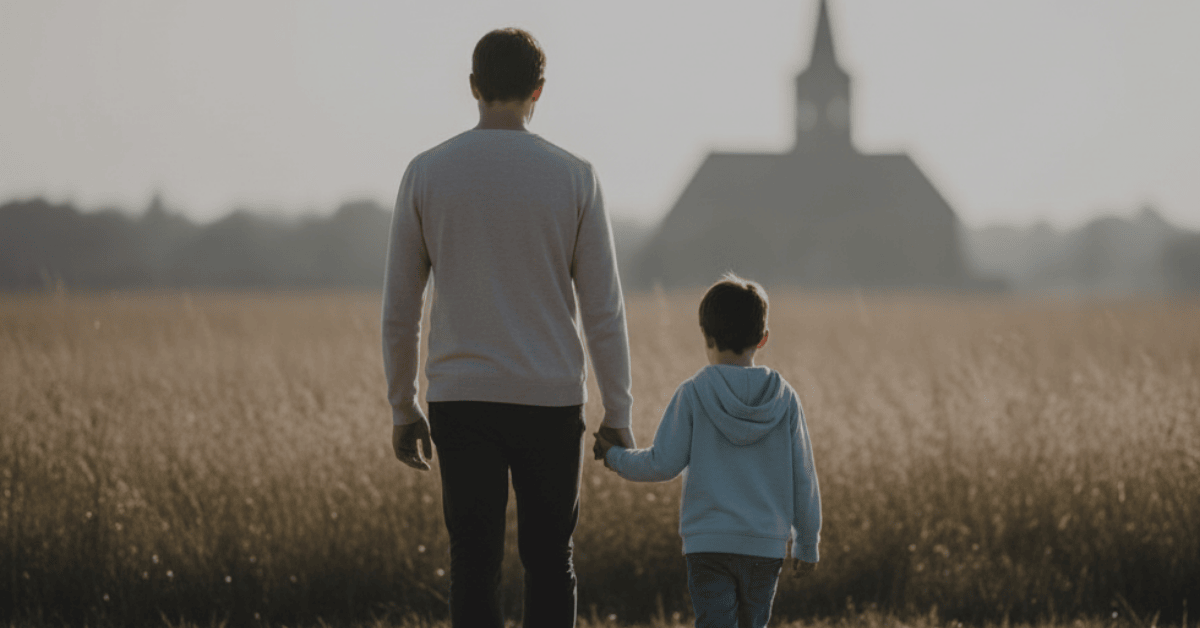How to Hold Your Childhood Abuser Accountable Without Going Public
You don’t have to choose between justice and privacy.
For many survivors of childhood sexual abuse, the idea of filing a lawsuit stirs up more than legal fears — it awakens a deeper dread: What if everyone finds out? The fear of public exposure is so powerful, it silences people for decades. But here’s the truth most survivors never hear:
You can sue your abuser without ever going public.
Anonymous legal action is real. It’s legal. And it’s being done — even right here in Arkansas. If you’ve spent years trying to bury what happened to you just to protect your privacy, you’re not alone. But you’re not out of options, either.
The law allows survivors to pursue accountability without having their names attached to the case — and experienced attorneys know how to protect that right. At Gillispie Law Firm, we’ve helped people file confidential cases that hold predators accountable while preserving the survivor’s dignity and privacy.
Let’s talk about how.
The Lie That Keeps Survivors Silent
“I wanted to speak up… but I didn’t want my kids, or my job, or my church to find out.”
We hear this all the time. Survivors worry that if they file a lawsuit, it will make headlines, trigger gossip, or reopen wounds they’ve spent years trying to forget. And in some high-profile cases, yes — names do end up in the news.
But those cases are usually the exception, not the rule.
The myth that lawsuits are always public has silenced thousands of survivors. And predators count on that silence. They rely on the idea that no one will speak out unless they’re ready to put their name on it.
But justice doesn’t require a press release. You can stay protected while still taking back your power.
Anonymous Lawsuits: How They Work in Arkansas
Filing an anonymous lawsuit means your real name never appears in public court records. Instead, you’re identified as Jane Doe or John Doe — a placeholder used to shield your identity.
Under Arkansas law, courts can allow plaintiffs to proceed anonymously in cases involving sensitive or traumatic issues, including childhood sexual abuse. Judges understand that survivors deserve protection from retraumatization and retaliation.
Here’s how it usually works:
- Your attorney files a motion asking the court to allow you to proceed under a pseudonym
- The judge reviews the case privately, considering the emotional harm that public exposure might cause
- If approved, your identity stays sealed from the public throughout the case
Defense attorneys, court staff, and the judge will know your name — but it will never appear in public records, media coverage, or searchable databases.
And no, the court won’t notify your employer, your spouse, your school, or your community.
Want a more detailed look at what that process involves? This legal guide breaks it down.
What It’s Like to File as Jane or John Doe
You might be thinking: Okay, maybe I can stay anonymous — but won’t I still have to relive everything in court?
Here’s what most survivors are surprised to learn: the vast majority of these cases settle outside of court.
That means:
- No public trial
- No media coverage
- No testifying on a witness stand unless you choose to go that far
Even if the case does proceed further, your lawyer will work behind the scenes to protect your mental health every step of the way. Survivors are not just clients — they are people carrying heavy trauma, and every legal decision should reflect that reality.
Quiet Justice Is Still Justice
When survivors think about suing, they often imagine a courtroom showdown, cameras flashing, a dramatic moment of public vindication.
But not every survivor wants — or needs — that.
Some victories are quiet. And that’s okay.
Confidential settlements often include:
- Financial compensation for therapy, lost income, or emotional harm
- Non-disclosure agreements that stop abusers from talking
- Written admissions of wrongdoing, sometimes sealed but still satisfying
Just because it doesn’t make headlines doesn’t mean it doesn’t matter. Sometimes, the greatest power is knowing you held them accountable — and no one else had to know.
And here’s something else survivors don’t hear often enough: you don’t have to be the first.
Your case may encourage others to come forward — even anonymously. Silence spreads, but so does courage.
You Can Talk to a Lawyer Without Committing
Let’s be real: calling a law firm about sexual abuse is terrifying.
Some survivors stare at the phone for months. Others fill out a contact form and immediately panic, wondering, What if they call me back? What if I’m not ready?
Here’s the truth: just talking to a lawyer doesn’t mean you’re filing a case.
A good lawyer will listen, answer your questions, and respect your boundaries. That includes never pushing you to go public — or even to take legal action — unless and until you feel ready.
At Gillispie Law Firm, we’ve talked with dozens of survivors who chose not to move forward — and we supported that decision. You control what happens next. We’re just here when you’re ready.
You Don’t Owe the World Your Story — But You Deserve Justice
If you’ve spent years feeling like your silence is the only thing protecting you, you’re not wrong to be cautious.
Privacy matters. Control matters. Your peace matters.
But don’t let fear steal your right to justice. You can hold your abuser accountable without putting your name — or your life — on display.
There are safe, private paths forward. And when you’re ready, someone will walk them with you.
You don’t have to shout. You just have to speak — even if it’s only to one person who will listen.
We will.



